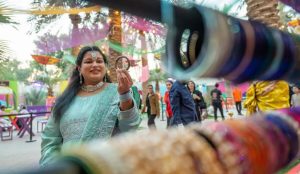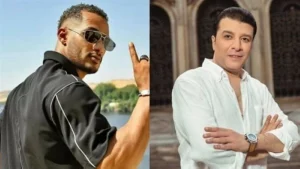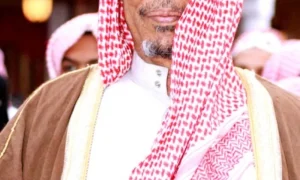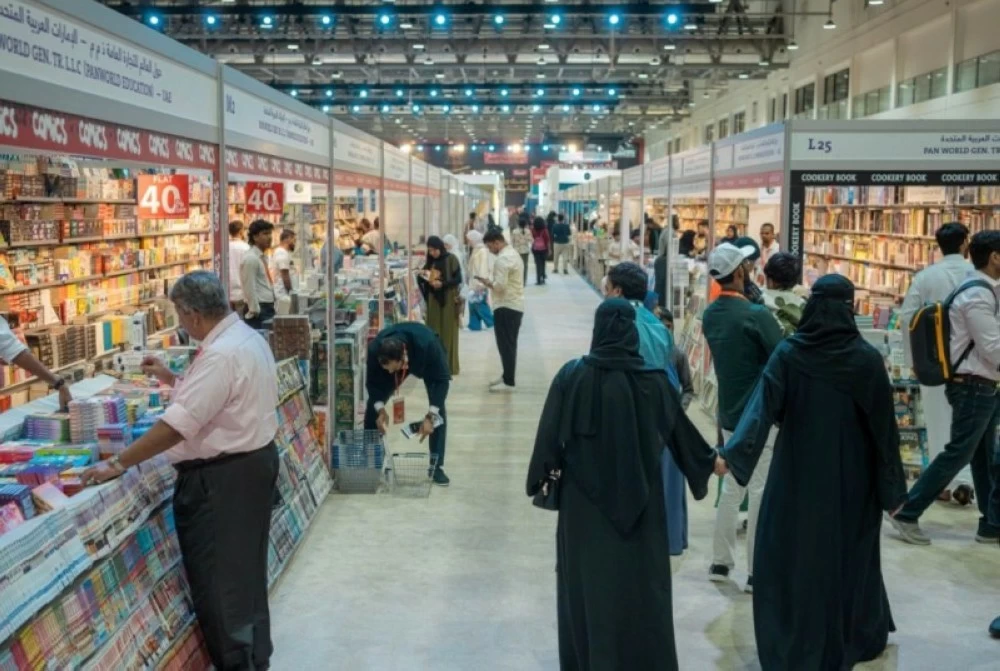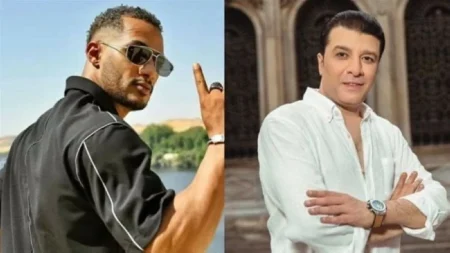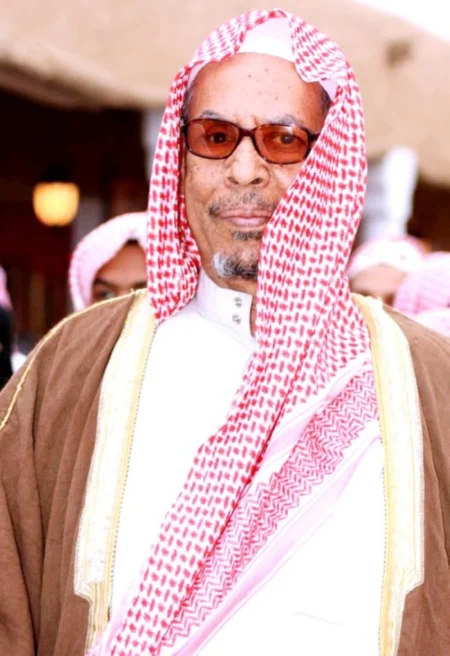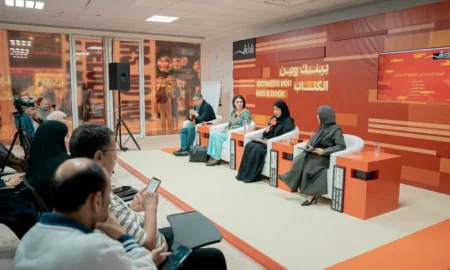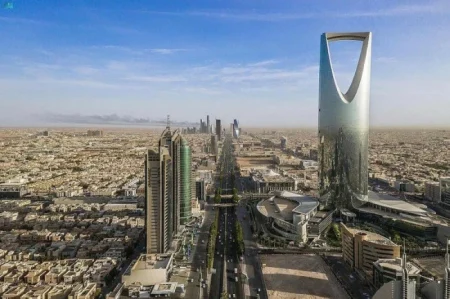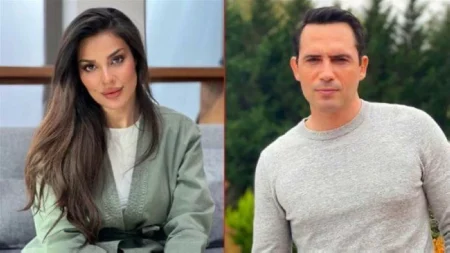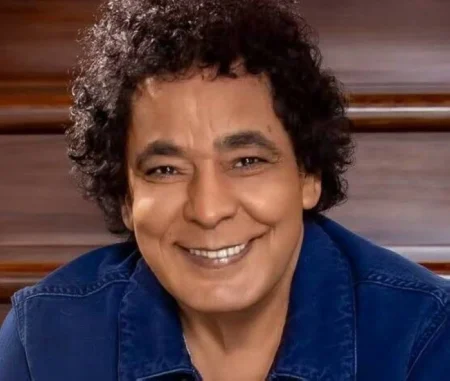في أروقة معرض الشارقة الدولي للكتاب، حيث تتقاطع الأصوات الإبداعية وتتلاقى الرؤى القادمة من مختلف قارات العالم، يتجلى السؤال الأكبر في زمنٍ تتقاطع فيه الفكرة مع الخوارزمية: من يكتب الكتاب الجديد.. الإنسان أم ذكاء الآلة؟
فبين ناشرٍ يرى في التقنية حليفا يفتح أبوابا جديدة للإبداع، وآخر يتحسب من تمددها على حساب الحس الإنساني، تتشكل ملامح نقاشٍ ثقافي عميق حول مستقبل الكتابة والنشر في عصر الذكاء الاصطناعي.
تقول زينة باسل، إن دخول الذكاء الاصطناعي إلى العملية الإنتاجية كان أشبه بمساعدٍ صامتٍ ينجز الأعمال التقنية بسرعة دون أن يملك روح الإبداع. وتوضح أن التقنية اختصرت الوقت في معالجة الصور وتعديلها، لكنها ما زالت تفتقر إلى «إحساس اللون ودهشة الفكرة»، مؤكدة أن الفن لا يصنعه الذكاء، بل الإحساس.
أما الإعلامي والناقد غيث الحوسني، فيرى أن الذكاء الاصطناعي ليس خصما بل تحدٍ، إذ يدفع الكاتب والمحرر إلى مراجعة أدواتهما وتجويد إنتاجهما. ويشير إلى أن الخطورة لا تكمن في وجود التقنية، بل في جهل التعامل معها، فاليوم توجد منصات قادرة على تحرير النصوص أدبيا ولغويا بدرجة عالية من الدقة، ما يرفع من مستوى المنافسة ويدفع المبدع العربي إلى مزيد من الوعي والمعرفة.
ومن زاويةٍ أخرى، يؤكد مصطفى سالم أن التصميم الفني فعل وجداني لا يمكن استبداله بخوارزمية، قائلا: «المصمم الحقيقي يقرأ النص بعينه وقلبه قبل أن يختار اللون والخط، بينما ينتج الذكاء الاصطناعي ما يُطلب منه فقط». ويضيف أن التقنية قد تُجمل الغلاف لكنها لا تُجسد روح المؤلف.
وتختتم نجلا رعيدي النقاش برؤيةٍ متوازنة: «نحن لا نرفض الذكاء الاصطناعي ولا نؤلهه، بل نحترم حدود الإبداع البشري». وتضيف أن الاعتراف بحدود التقنية وصدق المبدع مع القارئ هما ما يحفظ جوهر الكتابة وصناعة النشر.
وفي فضاء الشارقة الذي يجمع الإنسان والآلة على طاولة واحدة، يبقى السؤال معلقا في الهواء: هل سيظل الإنسان سيد الكلمة؟ أم أن المستقبل سيُكتب بذكاءٍ بلا روح؟
In the corridors of the Sharjah International Book Fair, where creative voices intersect and visions from different continents meet, the bigger question emerges in a time where ideas intersect with algorithms: Who writes the new book.. humans or machine intelligence?
Between a publisher who sees technology as an ally that opens new doors for creativity, and another who fears its expansion at the expense of human sensibility, the outlines of a profound cultural discussion about the future of writing and publishing in the age of artificial intelligence take shape.
Zina Basil states that the entry of artificial intelligence into the production process was akin to a silent assistant that accomplishes technical tasks quickly without possessing the spirit of creativity. She explains that technology has shortened the time needed for processing and editing images, but it still lacks “the feeling of color and the wonder of ideas,” emphasizing that art is not created by intelligence, but by feeling.
On the other hand, media figure and critic Ghaith Al-Hosni believes that artificial intelligence is not an enemy but a challenge, as it pushes writers and editors to review their tools and improve their production. He points out that the danger does not lie in the existence of technology, but in ignorance of how to deal with it, as today there are platforms capable of editing texts both literarily and linguistically with a high degree of accuracy, raising the level of competition and pushing Arab creators towards greater awareness and knowledge.
From another perspective, Mustafa Salem asserts that artistic design is an emotional act that cannot be replaced by an algorithm, saying: “A true designer reads the text with their eyes and heart before choosing the color and font, while artificial intelligence produces only what it is asked to.” He adds that technology may beautify the cover but does not embody the spirit of the author.
Najla Raidi concludes the discussion with a balanced view: “We do not reject artificial intelligence nor deify it, but we respect the limits of human creativity.” She adds that acknowledging the limits of technology and the honesty of the creator with the reader are what preserve the essence of writing and the publishing industry.
In the space of Sharjah, which brings together humans and machines at one table, the question remains suspended in the air: Will humans remain the masters of the word? Or will the future be written with intelligence devoid of spirit?
